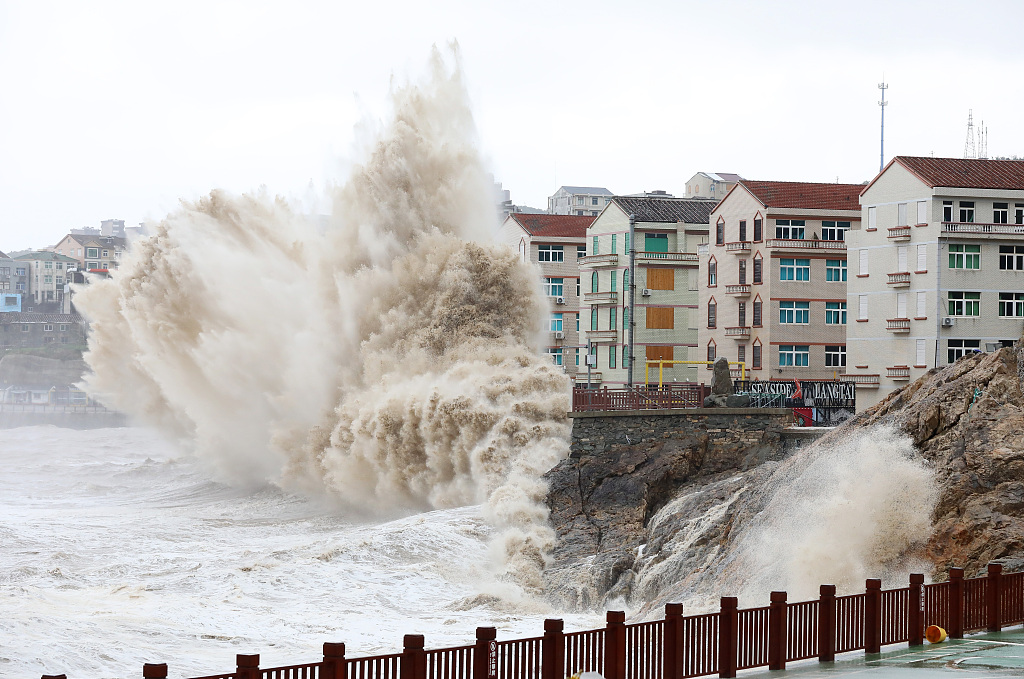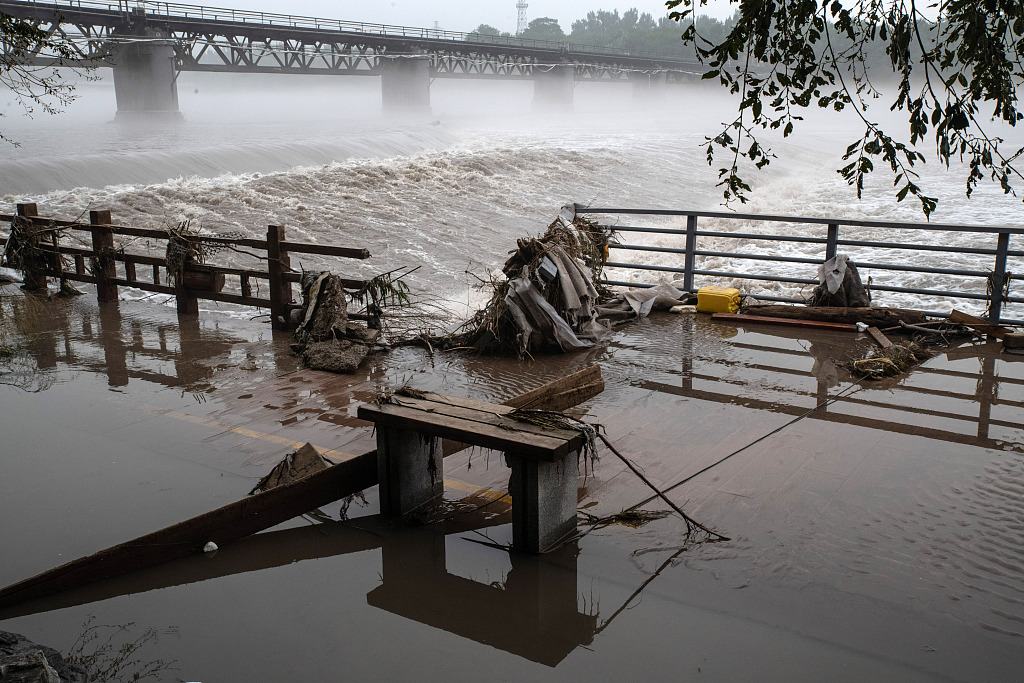Since the Northern Hemisphere entered the tropical cyclone season this year, it has experienced a number of severe tropical cyclones, such as Typhoon Mawar and Typhoon Doksuri, lashing many parts of the world and causing great damage. The frequent extreme weather events have raised concerns about whether global warming is fueling tropical cyclones.
A study published on June 27, 2022 in Nature Climate Change suggests that global warming does not make tropical cyclones more frequent, but it does make them likely to be more intense and destructive as the world continues to heat up.
Tropical cyclones, also known as typhoons or hurricanes, are among the most destructive weather phenomena.
Compared with 1850 to 1900 (the latter is widely considered a pre-global-warming reference period), there was about a 13 percent global decrease in tropical cyclones over the period of 1900 to 2012. There was an even larger decline of about 23 percent since around 1950, around the time global temperatures started to noticeably rise.

The approaching Typhoon Khanun triggered huge waves in Taizhou City, east China's Zhejiang Province on August 5, 2023. /CFP
The approaching Typhoon Khanun triggered huge waves in Taizhou City, east China's Zhejiang Province on August 5, 2023. /CFP
However, even if there are fewer tropical cyclones overall, a larger proportion of those that do form are expected to reach higher intensities because global warming is also raising sea-surface temperatures and making the atmosphere warmer and moister, which are the conditions that storms thrive on.
"The warming water fuels tropical cyclones and gives them strength," said Wang Chunzai, a researcher at China's State Key Laboratory of Tropical Oceanography.

Typhoon Doksuri brought the heaviest rainfall to Beijing since record-keeping began in the 19th century. /CFP
Typhoon Doksuri brought the heaviest rainfall to Beijing since record-keeping began in the 19th century. /CFP
According to IPCC's sixth assessment report, average peak tropical cyclone wind speeds and the proportion of category 4 to 5 tropical cyclones (there are five categories, with category 1 being the weakest and Category 5 being the strongest) will very likely increase globally with warming.
Also, average tropical cyclone rain rates will likely increase with warming, and likely that at the global scale, water vapor content will increase 7 percent for every 1 degree Celsius rise in temperature, leading to robust increases in precipitation extremes everywhere.
(If you have specific expertise and want to contribute, or if you have a topic of interest that you'd like to share with us, please email us at nature@cgtn.com.)